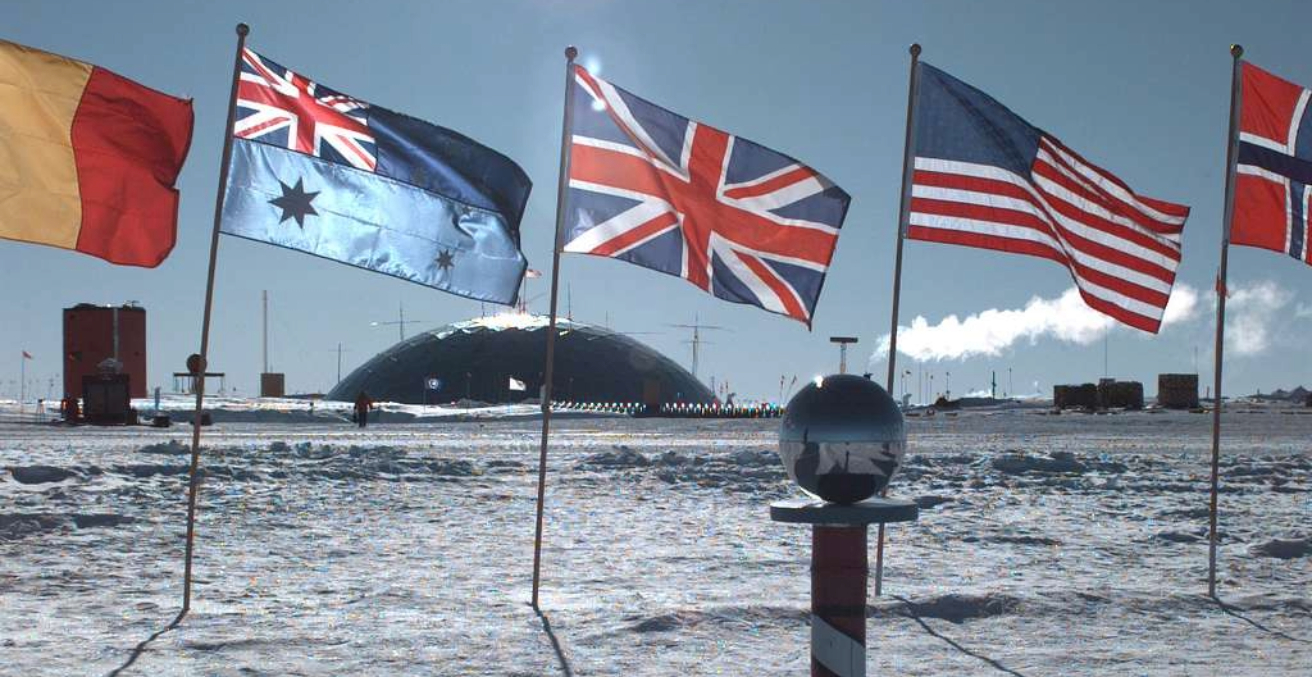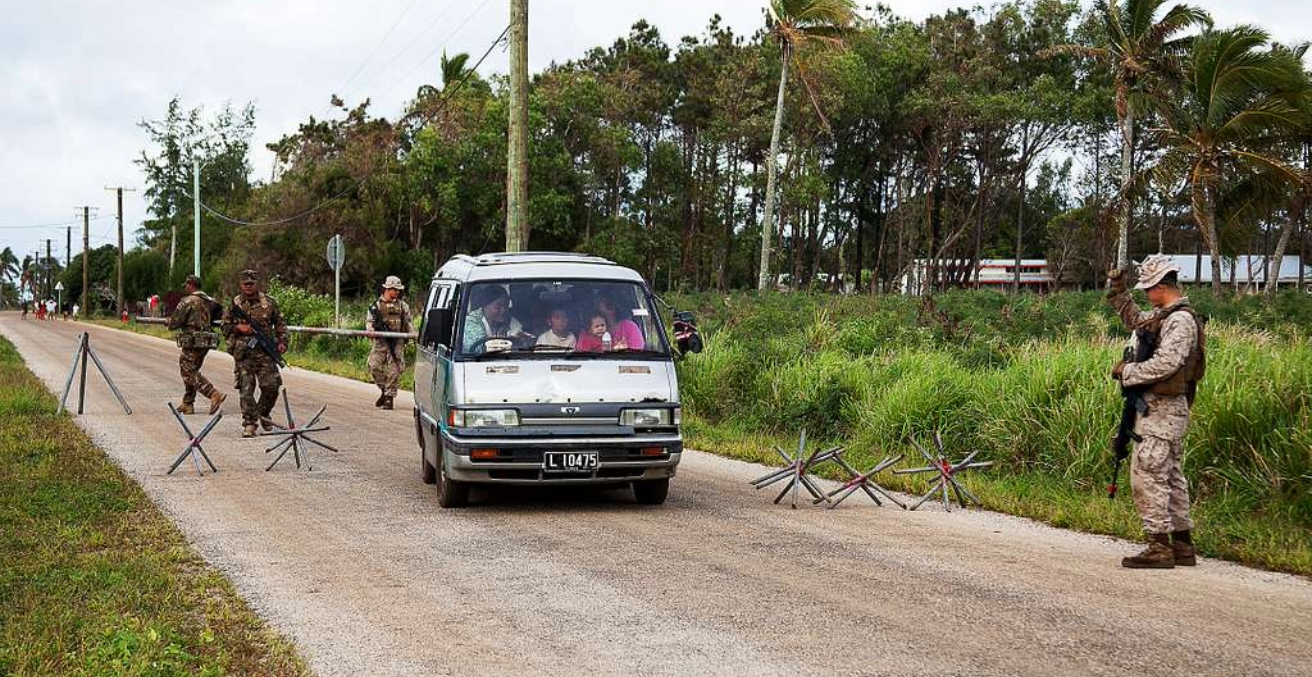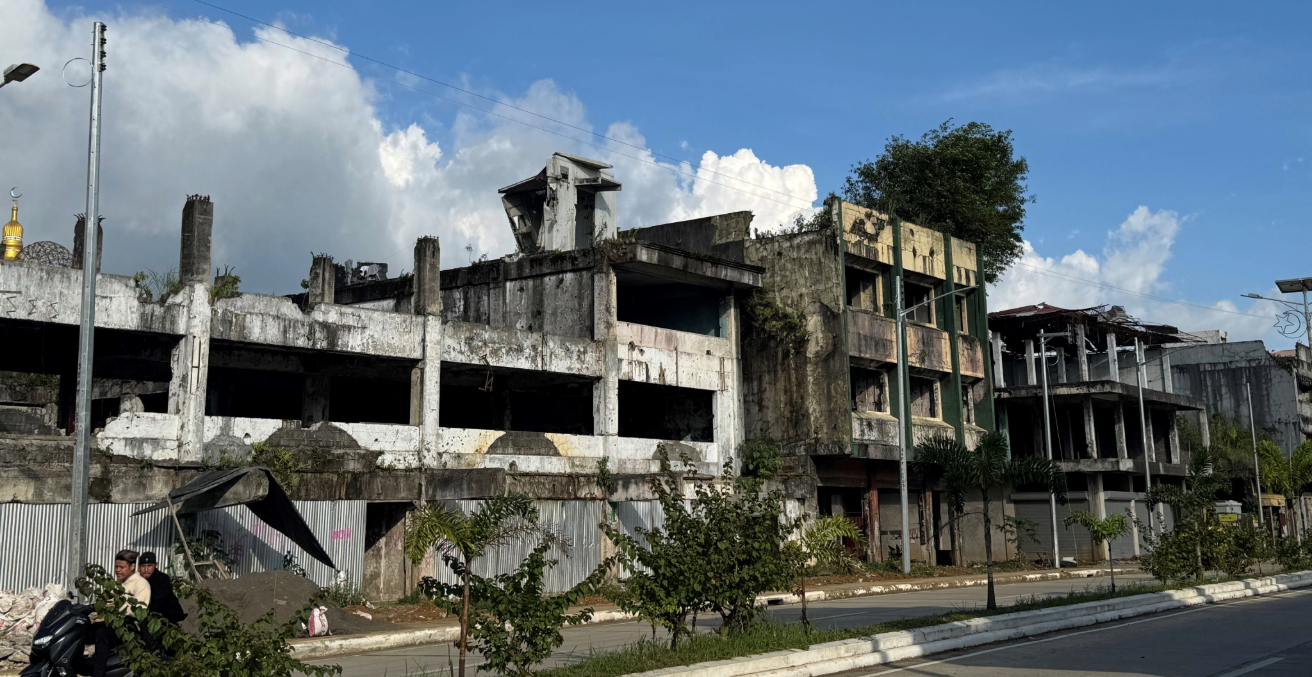While not an easy read, Zorawar Daulet Singh’s book provides rich and timely lessons for contemporary debates about India’s strategic posture and realignment and is set apart by its instructive methodology.
In a significant departure from most studies on Indian foreign policy that focus on the binaries of idealism versus pragmatism that characterised the Jawaharlal Nehru and Indira Gandhi years, this volume is an illuminating change. The book is divided into two parts. Part One details the Nehru period while the focus of Part Two is on Indira Gandhi’s foreign policy. Singh’s findings are based on a detailed examination of India’s perceptions and responses to six crises, with three case studies under each prime minister: the East Bengal crisis (1950), the first Indochina crisis (1954), China’s Formosa crisis (1954-55), the Vietnam war (1965-66), the East Pakistan/Bangladesh war (1971) and the annexation of Sikkim (1970-75).
What sets this book apart from other studies on Indian foreign policy is the extensive and methodical exploration of archival data including the private papers of Nehru and some of Indira Gandhi’s close political and strategic advisors: PN Haksar and TN Kaul. This in itself is a significant achievement of this volume owing to the limitations in gaining access to declassified official records in India, particularly for the Indira Gandhi period.
The central argument of the book is that the change in Indian statecraft from that of an extra-regional “peacemaker” during the Nehru period to that of a “security seeker” in the Indira Gandhi period resulted from a fundamental change in regional role conceptions. To this end, the author examines the continuity and change from the Nehru to the Indira Gandhi periods. The particular focus is to highlight the variations in India’s foreign policy during the cold war and by doing so to present a more comprehensive picture of India’s approach towards non-alignment.
The book also provides important insight into the ideational influence on crucial foreign policy decisions. As the author states on page 355, “within the broad and amorphous confines of non-alignment, Jawaharlal Nehru and Indira Gandhi’s responses to regional crises were distinct agency-level responses to a tumultuous international environment.” Policy decisions were also contested within India’s foreign policy apparatus that included the prime ministers and their small group of strategic advisors.
Nehru, as Singh argues, saw India’s role as a peacemaker, upholding India’s security and its place in the world, by playing a role of moderating Cold War tensions and avoiding Asia becoming an area of East-West contention. Indira Gandhi on the other hand had no hesitation in aligning more closely with Moscow to take advantage of the strategic opportunity the crisis of the Cold War offered to India. Gandhi’s response was also conditioned significantly by India’s experience in the 1962 and the 1965 wars. These differences as Singh argues on page 221 were based on distinct role conceptions regarding India’s desirable sphere of influence and modes of behaviour to pursue external interests, “Nehru’s statecraft, where accommodation and strategic restraint was at the core of his beliefs relating to force, was displaced by a competing approach [by Indira] where the idea of force had been shorn of much of its moral and ethical injunctions.”
Yet while highlighting the contrasting worldviews of Nehru and Indira Gandhi and contradictory to the large body of analysis on foreign policy, the author finds that “although the salience of Nehruvian beliefs vis-à-vis an accommodative and conflict avoidance approach to the periphery declined in the Indira Gandhi period, these ideas appear to have remained part of the strategic culture, albeit outweighed by Indira Gandhi’s beliefs and preference for assertive statecraft” (page 357).
The book takes the focus away from popular perceptions on India’s foreign policy changes that focus merely on the reaction to the external environment. Presenting a more nuanced perspective the author rightly argues that it was instead the interaction of material forces such as the distribution of capabilities and geography with ideas, interests and culture that motivated the change from Nehru’s peacekeeper to Indira Gandhi’s security seeker. The attention to the interventions of key strategists in addition to the worldviews of the two leaders is a notable contribution of this volume.
Finally, in a very coherently written conclusion, the author offers possible lessons for future research. The author’s attention to an instructive methodology, the focus on the plurality of ideational influences on foreign policy decision-making and the attention to the contestations among strategic elites advances lessons for contemporary debates about India’s strategic posture and realignment. As he rightly argues, “many of the dilemmas and debates about India’s future role can be engaged with if we situate India’s foreign policy journey in a larger historical backdrop” (page 359). Thus scholarship on contemporary concerns such as the rise of China, India’s engagement with the United States or its policies within the sub-continent can be enriched by revisiting crucial historical lessons regarding identity and regional attitudes. The book however is not an easy read, particularly for the hurried reader with an elementary understanding of the period under discussion. Its contributions are however rich and timely particularly in the context of India’s changing regional and global alignments.
Dr Stuti Bhatnagar is an adjunct fellow at the University of Adelaide. She specialises in Indian foreign policy, especially the role and rising influence of think tanks in India.
Book details: Power and Diplomacy: India’s Foreign Policies During the Cold War by Zorawar Daulet Singh Oxford University Press, New Delhi, 2019.
This book review is published under a Creative Commons Licence and may be republished with attribution.




